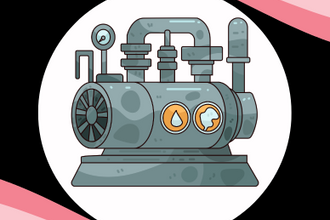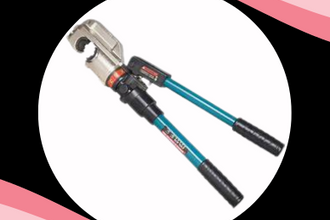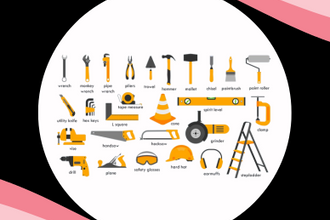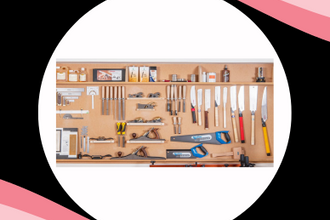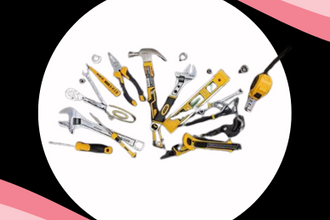Are you planning a DIY project or working on a professional construction site? Getting your measurements right is key. That’s where a laser level can help. It’s a tool that makes leveling faster, easier, and more accurate.
What Is a Laser Level?
A laser level is a tool that helps you find straight lines and flat surfaces. It uses a laser beam to show where things need to line up. This helps you hang pictures, install tiles, build walls, and much more — all with perfect accuracy.
Most laser levels shine a red or green beam in a straight line across a wall or surface. It tells you where “level” is, so your work turns out even and clean.
How to Use a Laser Level
- It’s easy to use a laser level when you follow the right steps. Here’s what to do:
- Set it on a flat surface or tripod. Make sure it’s stable.
- Turn the laser on, and it will shine a clear line across your surface.
-
Adjust it. Many laser levels self-level, but you can fine-tune them if needed.
Use the line as your guide.
Types of Laser Levels
Not all laser levels are the same. Here are the main types:
1. Line laser levels: shine straight lines in both directions to make aligning easier. Great for hanging shelves or pictures.
2. Rotary Laser Levels: They spin 360° and are best for big jobs like leveling a yard or building a foundation.
3. Dot Laser Levels: These show a single point and are used for plumbing or framing tasks.
Crossline laser levels display horizontal and vertical lines at the same time. Selecting the right one comes down to your project’s needs.
Applications of Laser Levels
Laser levels are handy in many jobs. Here are some real-life uses:
- Construction: Check wall heights, floor levels, or ceiling lines.
- Tiling: Make sure tiles are straight on walls or floors.
- Framing: Align studs, pipes, and windows.
- DIY Projects: Hang shelves, mirrors, or picture frames.
- Landscaping: Level the ground for patios or fences.
Laser Level Brands (Best Laser Level)
Looking for the best laser level? Here are a few trusted brands:
- DeWalt: Known for toughness and accuracy.
- Bosch: Offers reliable and user-friendly models.
- Huepar: Affordable and great for home use.
- Leica: High-end tools for pros.
- Makita: Durable and great for outdoor use.
Each brand offers different features. Select the laser level that suits your budget and purpose.
What should you consider when purchasing a laser level?
- Type of project: Big jobs need stronger lasers.
- Indoor or outdoor use: Green lasers are better for outside.
- Accuracy: Always check how precise the tool is.
- Battery life: Make sure it lasts long enough for your tasks.
- Price and features: Pick one that fits your needs and budget.
Conclusion:
Laser levels are essential tools that improve accuracy, speed, and ease in various tasks, from simple DIY projects to large construction jobs. In this blog, we explored what laser levels are, how to use them, the different types available, practical applications, and top brands to consider. Understanding this information helps you find a laser level that fits your needs. With this knowledge, you’re well-equipped to take your projects to the next level with precision and confidence.
FAQs
1. What is the use of lasers in construction?
Laser levels help workers keep lines straight, walls even, and surfaces flat. They save time and reduce mistakes.
2. How to check the floor level with a laser?
Start by setting the laser level on a stable spot near the middle of your room. Switch it on to project a straight laser line. Use a tape to measure from the floor to the line in different spots. If all the measurements match, your floor is even. If the numbers are different, the floor has uneven spots that may need fixing.
4. What is the highest level of laser?
Laser levels are classified by class. Class 3 and Class 3R lasers are the strongest allowed for most construction uses. These are bright, clear, and easy to see even in daylight.




